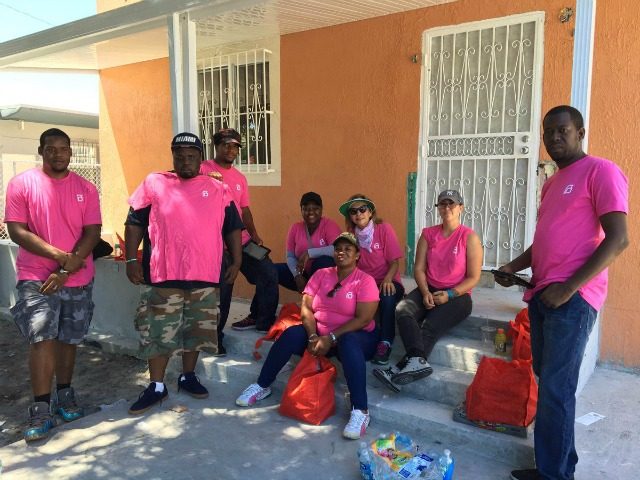Having exploited the Zika epidemic in Brazil and Central America to promote its organization, Planned Parenthood has begun an awareness drive in Miami, encouraging expectant mothers to use condoms to prevent the spread of Zika.
Planned Parenthood officials and Democratic politicians are using the drive to prove the organization deserves taxpayers’ funding and to scold those who oppose the group’s for-profit sales of bodies of aborted children.
The Miami Herald reports that Planned Parenthood hopes to reach 25,000 households throughout the city, particularly in northern Wynwood, where health officials have documented numerous cases of locally transmitted Zika. They will also be covering the working class areas like Hialeah, outside of the Miami city line.
Its main mission, Planned Parenthood representatives tell the newspaper, is to make individuals aware that Zika is sexually transmittable, so wearing long sleeves and pants to avoid mosquito bites does not guarantee Zika prevention. “I say, ‘It can be spread through sex’ and the smile disappears,” one Planned Parenthood representative told the newspaper, noting that many are shocked to hear that fact.
Democrats are using Zika to condemn those who oppose public funding of Planned Parenthood, pointing to the Zika awareness effort as evidence that the group does not only provide abortions. The Miami Herald quotes Congresswoman Frederica Wilson as scolding opponents of the organization: “Stop trying to regulate my body and do your job.”
Senate Democrats are responsible for preventing $1.1 billion in federal funding from going towards the Zika fight, however – blocking the bill, which had already passed the GOP-controlled House because it did not specifically earmark money for Planned Parenthood. “Senate Democrats thought an earmark for Planned Parenthood in the future was more important than preventing the threat of Zika now,” Senate Majority Leader Mitch McConnell lamented earlier this month.
Had the bill passed the Senate, President Barack Obama warned he would veto it if it did not specifically send cash Planned Parenthood’s way, as well as funding research for the development of a Zika vaccine.
In Latin America, where Zika began spreading in February and has affected thousands of infants, Planned Parenthood’s international branches have gone to work promoting abortion rights in the majority-Catholic region. That month, Planned Parenthood International published a webpage titled “Zika Virus: Make Your Emergency Gift,” asking for donations ranging from $50 to $500. “Make your emergency gift today to help IPPF/WHR and our local partners empower women with the family planning resources and quality, non-judgmental care they need to make empowered, informed choices during this crisis,” the page read.
In another propaganda push, the International Planned Parenthood Federation targeted El Salvador specifically, with its chief officer arguing, “When women are desperate … they will seek out their own solutions.”
By June, the demand for abortions in nations like Brazil, where a judge must specifically approve the killing of a fetus in extreme cases, had skyrocketed.
The Zika virus does not generate symptoms in 80 percent of patients who are infected. In most of the other 20 percent, the symptoms are mild: rashes, mild body aches, and conjunctivitis are most common. The virus has been found to cause severe neurological damage in unborn children, however, targeting the development of the nervous system and causing numerous birth defects. The most common diagnosed so far is microcephaly, a condition in which a child’s skull is too small for his or her brain, crushing the brain and severely limiting neurological development. Scientists recently found evidence linking Zika to another condition, arthrogryposis, which renders a child’s joints unmovable and limits the growth of limbs.
Zika is spread through the bite of the aedes aegypti mosquito, which reproduces in stagnant water pools in humid climates. It is also sexually transmittable. Pregnant women are advised to practice safe sex, keep homes devoid of stagnant pools of water, and wear long sleeves and pants to avoid mosquito bites when outside in affected areas.

COMMENTS
Please let us know if you're having issues with commenting.